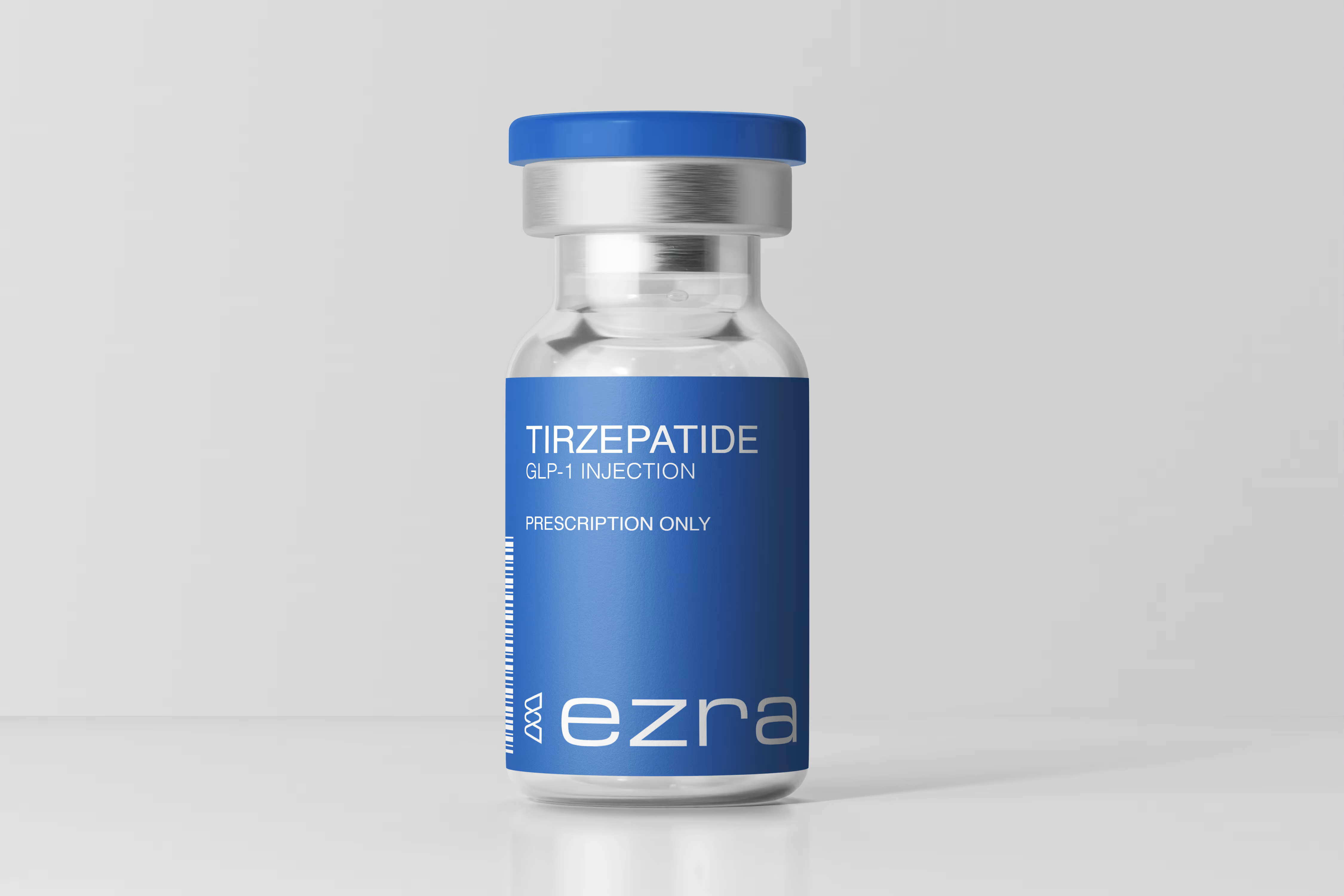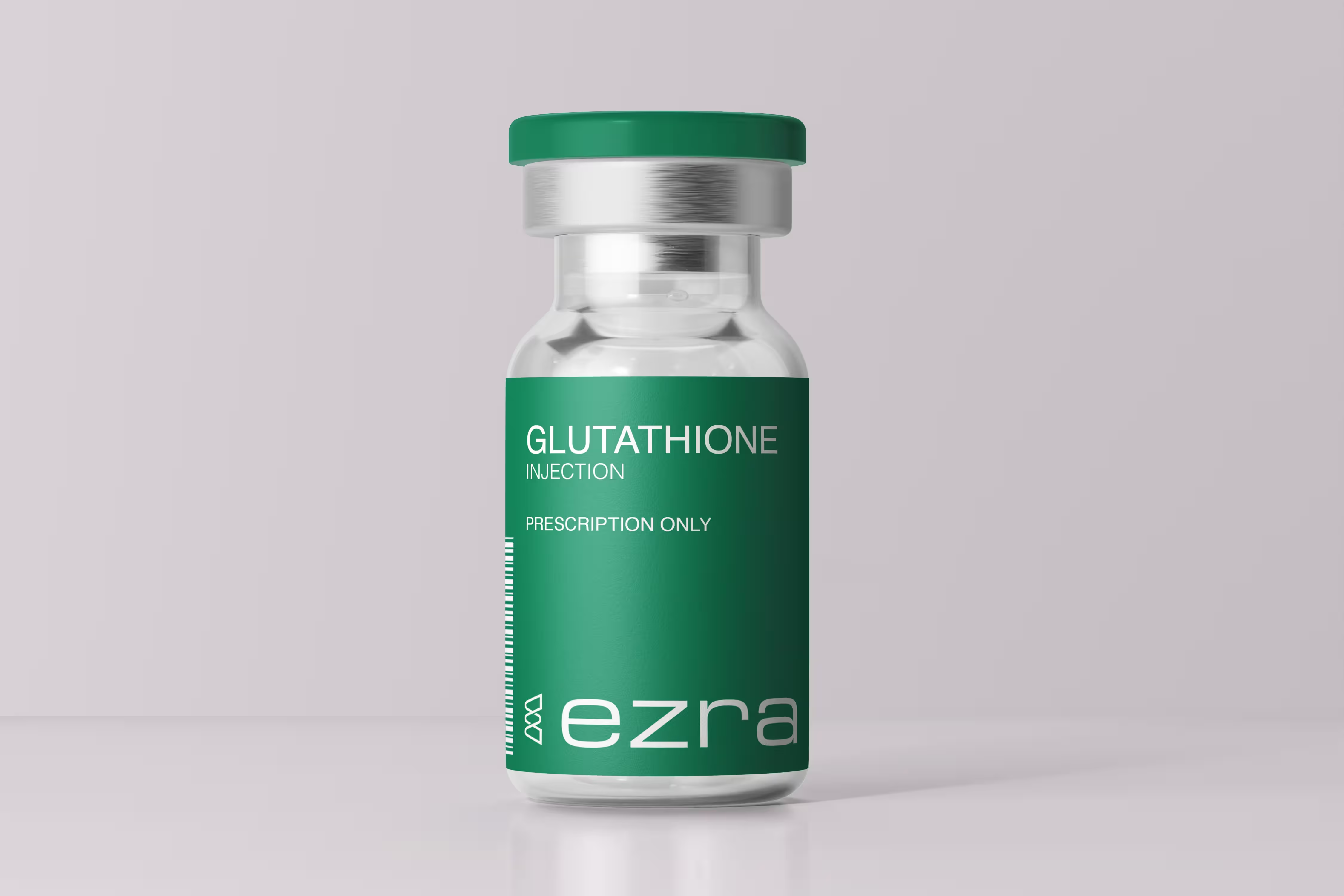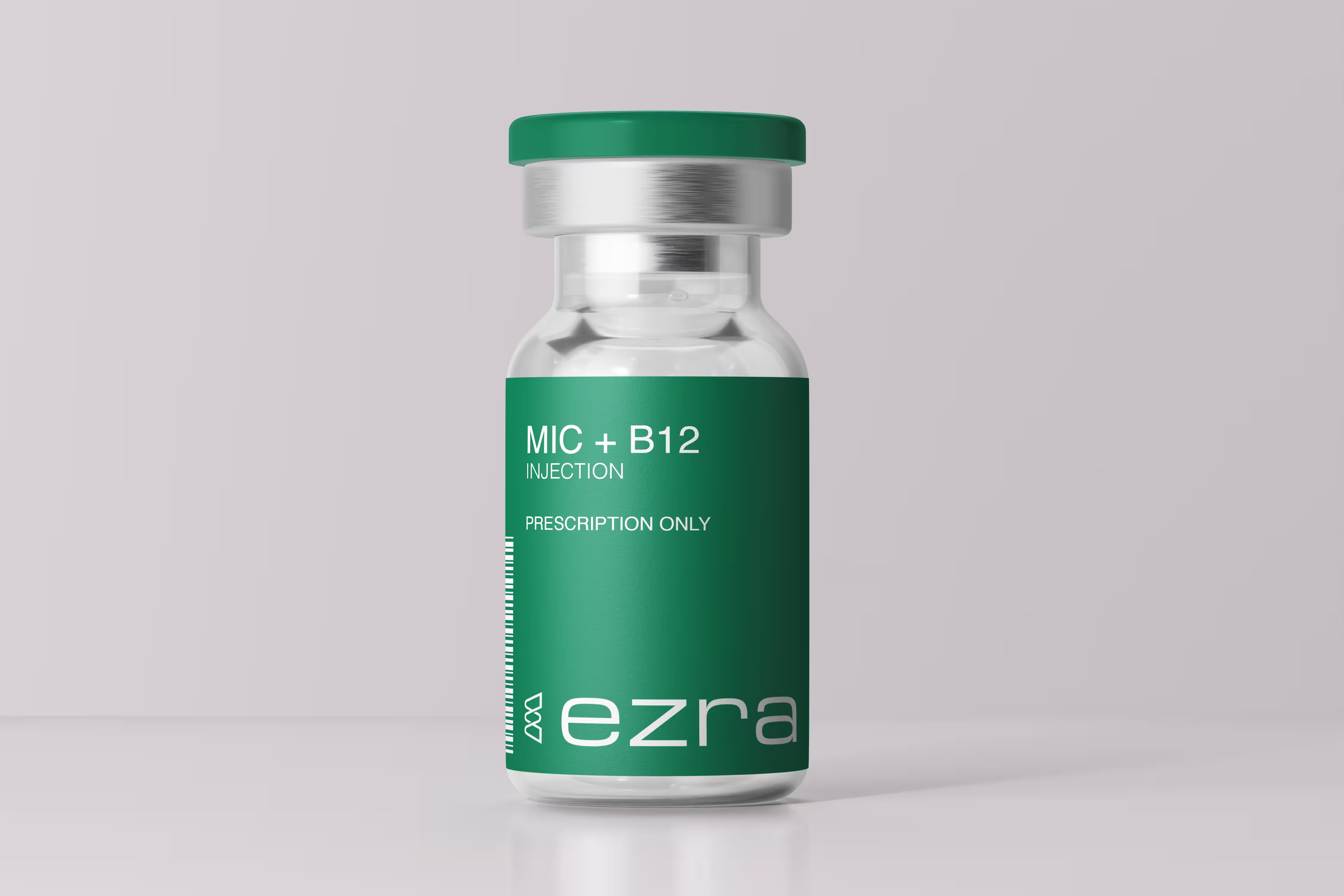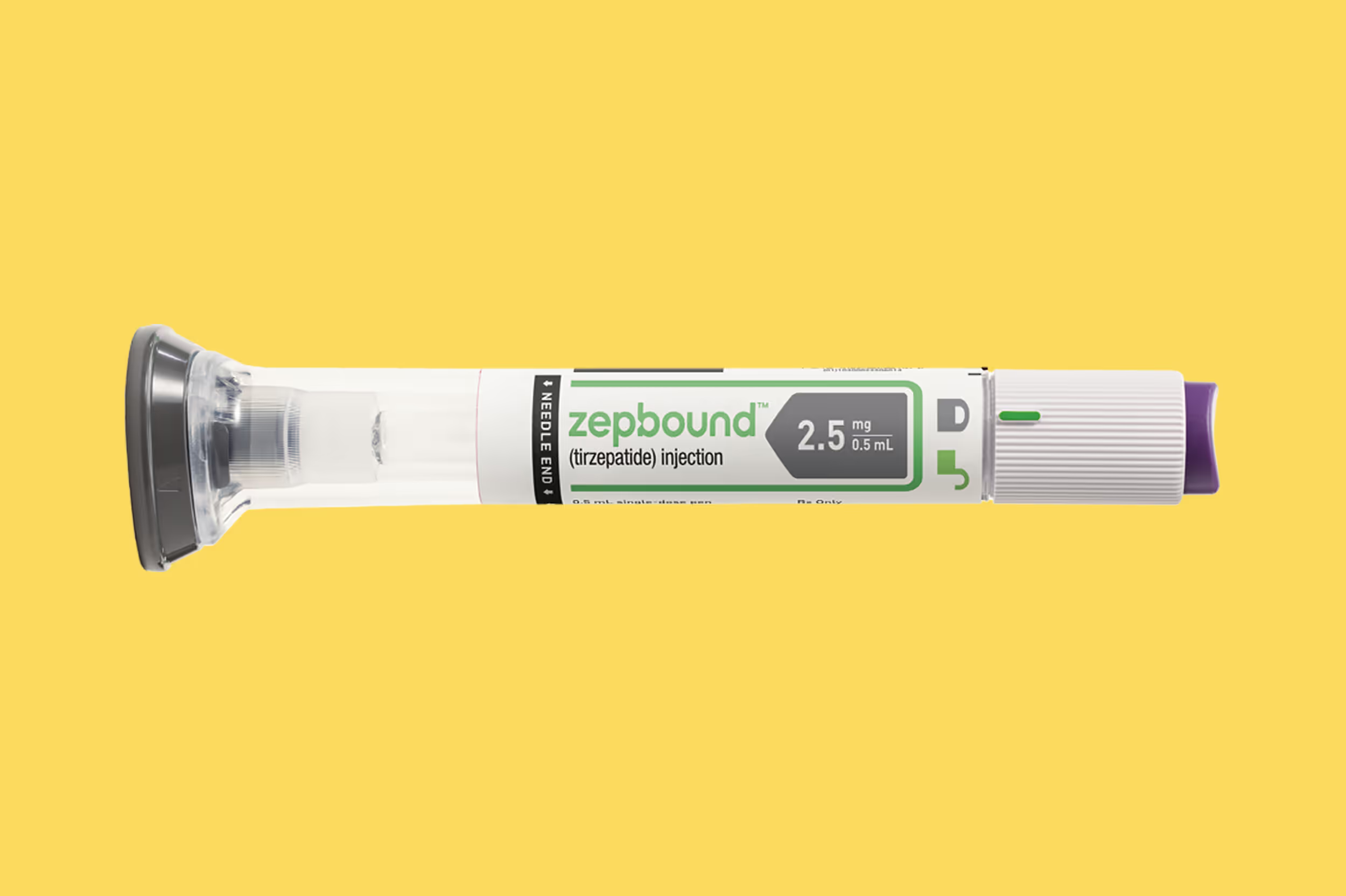Semaglutide, a once-weekly glucagon-like peptide-1 (GLP-1) analogue, has demonstrated substantial cardiovascular benefits in patients with type 2 diabetes, according to the SUSTAIN-6 trial published in The New England Journal of Medicine. The study aimed to assess the cardiovascular safety and efficacy of semaglutide as required by regulatory agencies for new diabetic therapies.
Study Overview
The SUSTAIN-6 trial was a randomized, double-blind, placebo-controlled study involving 3,297 patients with type 2 diabetes who were at high risk for cardiovascular events. Patients were assigned to receive either compounded semaglutide (0.5 mg or 1.0 mg weekly) or a matching placebo for 104 weeks. The primary outcome was the first occurrence of cardiovascular death, nonfatal myocardial infarction, or nonfatal stroke.
Key Findings
Cardiovascular Outcomes
- Semaglutide reduced major adverse cardiovascular events (MACE) by 26% compared to placebo (6.6% vs. 8.9%; Hazard Ratio: 0.74; P<0.001 for noninferiority).
- Nonfatal stroke saw a significant 39% reduction in the semaglutide group.
- Nonfatal myocardial infarction was reduced by 26%, though this did not reach statistical significance.
- Cardiovascular death rates were similar in both groups, confirming no increased risk.
Glycemic and Weight Control
- Patients treated with semaglutide experienced a significant HbA1c reduction:
- 0.5 mg dose: -1.1%
- 1 .0 mg dose: -1.4%
- Placebo groups had only a -0.4% change in HbA1c.
- Weight loss was greater with semaglutide:
- 0.5 mg group: -3.6 kg
- 1.0 mg group: -4.9 kg
- Compared to less than -1.0 kg in the placebo group.
Microvascular Effects
- Reduced risk of nephropathy (kidney complications):
- 3.8% in semaglutide vs. 6.1% in placebo (HR: 0.64; P = 0.005).
- However, there was an increased risk of retinopathy complications (e.g., vitreous hemorrhage or need for retinal treatment), which was seen early in treatment (HR: 1.76; P = 0.02). Most patients with these issues had pre-existing diabetic eye disease.
Safety Profile
- Gastrointestinal side effects were more frequent with semaglutide, particularly nausea and vomiting, leading to higher treatment discontinuation.
- No increase in pancreatic cancer or thyroid carcinoma was noted.
- Severe hypoglycemia rates were comparable between semaglutide and placebo.
- Pulse rate slightly increased in the semaglutide group, a known class effect of GLP-1 analogues.
Clinical Significance
The SUSTAIN-6 trial not only confirmed noninferiority but also suggested potential superiority of semaglutide in reducing cardiovascular events in a high-risk population with type 2 diabetes. The drug also provided secondary benefits in glycemic control and weight loss, key factors in long-term diabetes management.
Conclusion
Semaglutide represents a promising treatment option for patients with type 2 diabetes at elevated cardiovascular risk. While the increase in retinopathy complications warrants further investigation and caution in certain populations, the overall cardiovascular and metabolic benefits support its use as part of a comprehensive diabetes care plan.




















.avif)




















.avif)

